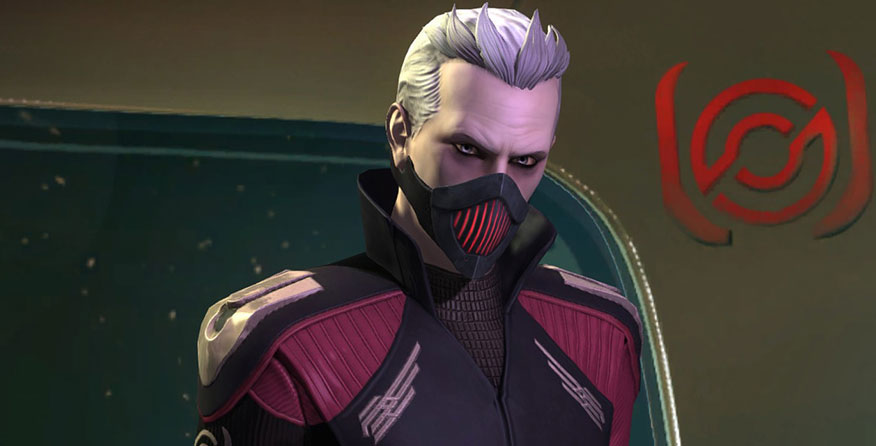
Being a galactic overlord in the new Master of Orion can be a tough job. Endless waves of pirates want to blockade your planets. Out of control industrialization is turning your capital into a desert. Those cat people who swear they’re just peaceful traders have eight battleships one warp node away from your sovereign space. What’s an inscrutable hive mind to do? We abducted several members of a high-profile Psilon think tank and extracted the following directly from their brains using pointy instruments.
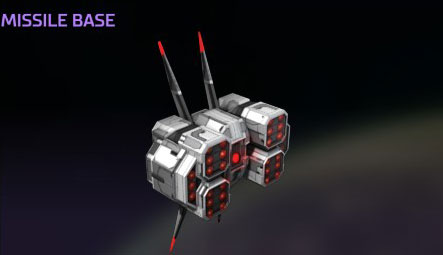
Build a Missile Base first!
In some 4x games, defensive military structures are optional. In MoO, they’re really not. A single band of particularly aggressive pirates can blockade your colonies (or even your capital if you’re starting as a pre-Warp civ) within the first dozen turns and essentially end your run before it even gets started if you don’t erect the proper deterrents. Building a bunch of early frigates to block off warp points costs a lot of production, especially if your starting systems have more than two entry points, and some of the scarier pirate fleets can eat stock frigates for breakfast anyway. A single missile base will make the planet it’s built on more or less immune to pirates for the entire game, which is well worth the investment. If it’s not the very first thing you build, it should definitely be the second or third.
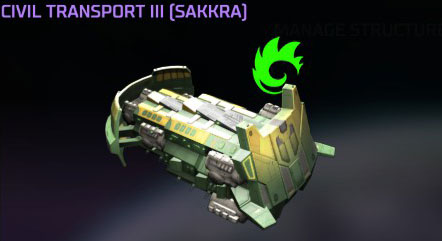
Civilian Transports are really, really good
Rather than letting your colonists on that backwater lava world subsist on rocks and have really depressing intimate relations on an all-too-infrequent basis, accompanied by the scent of brimstone and the shriek of lava bats, it’s wise to source most of your population from arable worlds and ship them out to where they’re needed. Having one or two “bread baskets” with a full row of farmers constantly getting it on in the peaceful, sunlit meadows can supply a workforce to all of the dour, desolate rocks in need of factory workers to churn out warships. Just make sure your transports are well-guarded en route to their new, decidedly less sexy homes.
Don’t focus too narrowly on any single resource
It can be tempting to go All Science!, All Production!, or All Money! But MoO’s resource system feeds back into itself, and too tight a bottleneck in any one area of output will kill your efficiency in all the others. Being way ahead in tech is useless if you don’t have enough production to build all the new toys you’re developing. Being way ahead in production is useless if your food stores are so low that you fall behind in terms of eligible workforce. And spreading your teeming masses to every star in sight becomes an exercise in futility if your budget suddenly goes into the red and you have to raise taxes, ticking off all 700 billion of your subjects. It’s okay to focus on a single resource. Just don’t over focus.
Being way ahead in tech is useless if you don’t have enough production.
Also pay attention to any special resources present on a planet when deciding what its main contribution to your empire will be. They’re tucked away at the top right corner on the planet interface and can be easy to miss! Artifacts can grant bonus science, Seagrass will allow your people to feed themselves easier, and Dark Quartz, among other rare minerals, boost production.
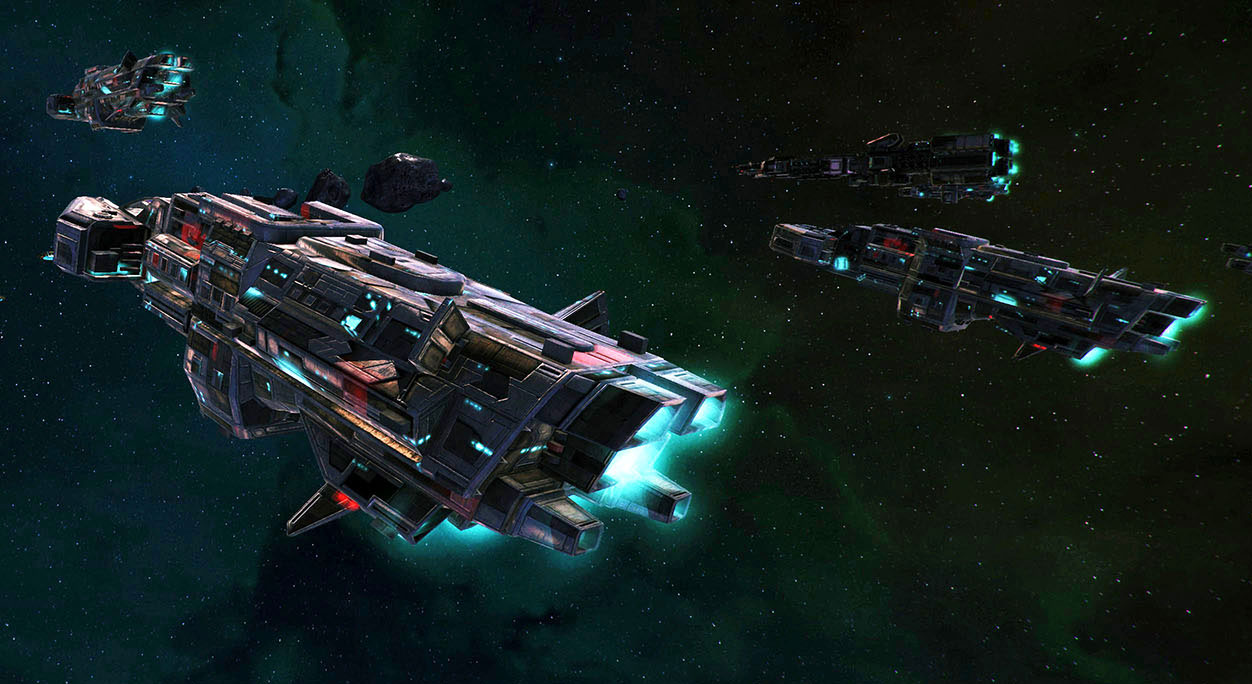
Talk softly and carry a big phaser
If you’re going for a military victory, you probably don’t need to hear this. But for all you far-out peaceniks, remember that the Mrrshan are jerks and don’t care that you want to build a pacifist Utopia. If your fleet is just large enough to repel pirates by the mid and late game, your neighbors will look to take advantage of your weakness on all but the lowest difficulty. Never neglect your grand fleet. Its mere existence will totally change your relationship with the galactic community. In fact, if your military is scary enough, nearby civilizations might start throwing gifts of money and technology at you periodically in an attempt to stay on your good side and avoid your wrath. In space, guns are always a good investment.
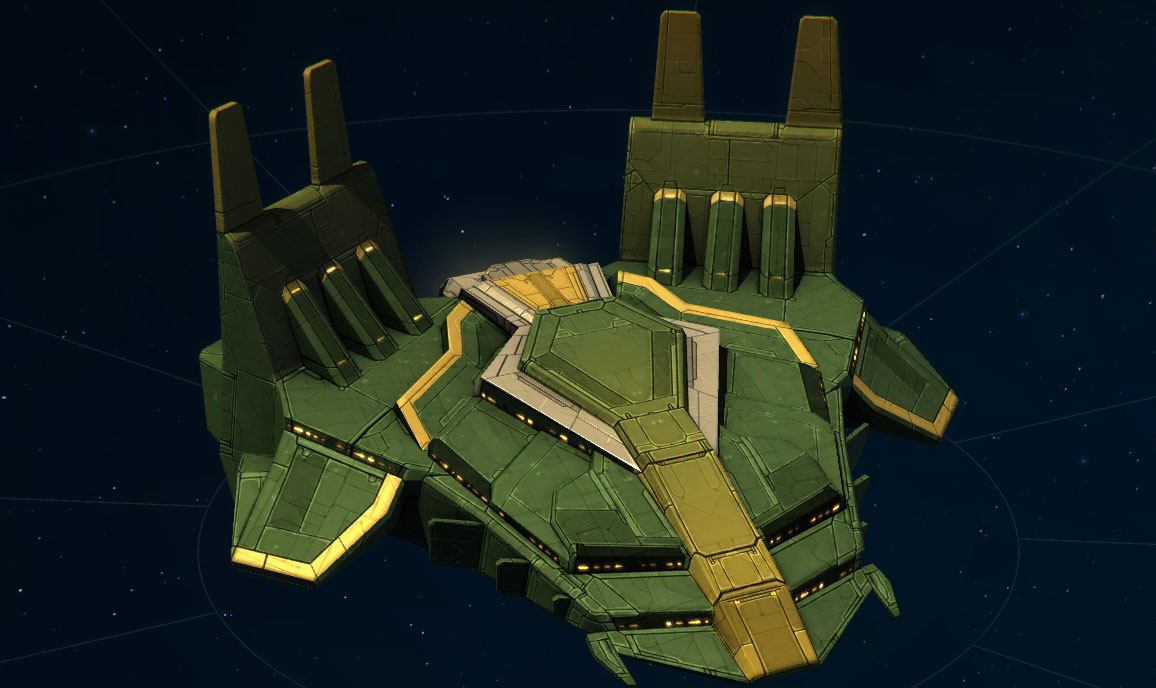
Upgrade early and often
When you change the blueprints for a ship class, you’ll be given the option to immediately upgrade all the ships currently stationed at a friendly planet to the new design. Any that are out on campaign or guarding a warp point, however, will have to manually return to orbit for retrofits. Don’t forget to do this and leave your critical defense fleet kitted out with last century’s shield modulators! It’s unfashionable, and also potentially fatal for your entire civilization. Also keep in mind that upgrading large fleets gets really expensive in the late game, so maintaining a good cash stockpile and positive credit balance is a must.
Keep up to date with the most important stories and the best deals, as picked by the PC Gamer team.
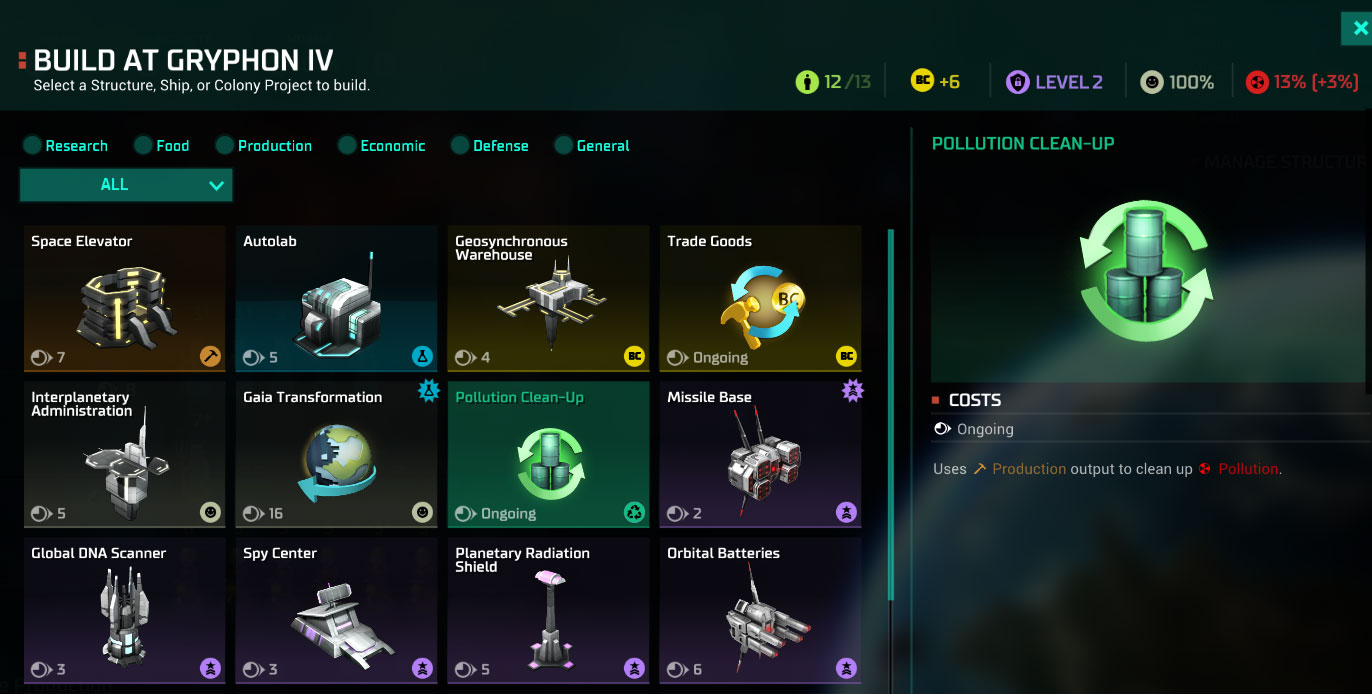
Plan ahead to combat pollution
Pollution almost inevitably will become a problem on your more industrialized worlds. Most buildings in the Production (Brown/Orange), Military (Purple), and Economy (Yellow) categories generate pollution, though the game’s UI doesn’t really convey this well. Science (Blue) and Food (Green) buildings do not typically generate pollution. Building structures like the Atmospheric Renewer and Toxic Processor right when you notice it starting to pick up will buy you time. If you let it get out of control, you’re going to have to halt production on your key workhorse planets every couple dozen turns to hand out those little garbage spear things and prevent ecological disaster. Having some planets entirely geared toward production and others entirely geared toward economy rather than building every unlocked structure on every planet can also be an effective way to alleviate the problem.
Len Hafer is a freelancer and lifelong PC gamer with a specialty in strategy, RPGs, horror, and survival games. A chance encounter with Warcraft 2: Tides of Darkness changed her life forever. Today, her favorites include the grand strategy games from Paradox Interactive like Crusader Kings and Europa Universalis, and thought-provoking, story-rich RPGs like Persona 5 and Disco Elysium. She also loves history, hiking in the mountains of Colorado, and heavy metal music.

